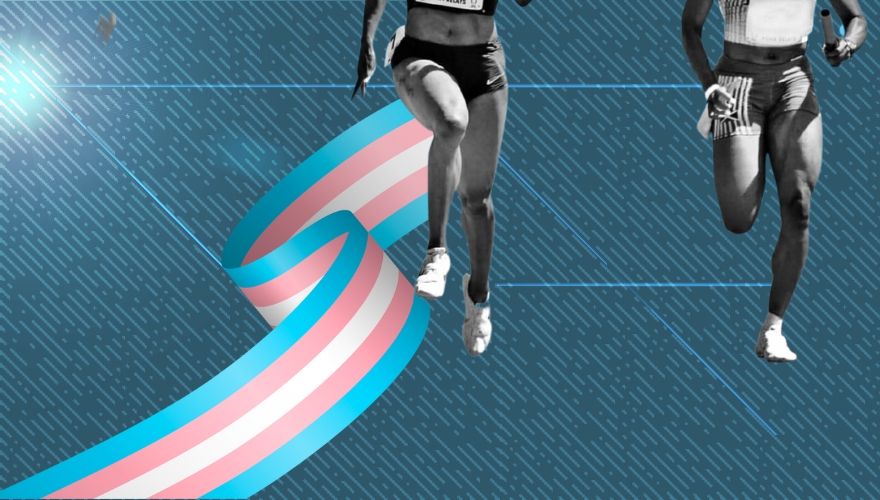National Public Radio (NPR) received a community note from Twitter after citing "limited scientific research" regarding biological males competing in women's sports.
On Sunday, the outlet shared an article from late last week covering the World Athletics Council's decision to bar biological males identifying as transgender women from participating in elite women's competitions.
"The international governing body for track and field will ban trans women athletes from elite women’s competitions, citing a priority for fairness over inclusion, despite limited scientific research involving elite trans athletes," NPR wrote in a tweet sharing the article.
Twitter provided a community note underneath NPR's post noting users contested the outlet's claim of "limited scientific research."
"Multiple studies on trans athletes (including elite athletes) have been conducted which show that they retain higher muscle mass, strength, and running speed than women," read Twitter's response, citing peer reviewed studies from the Journal of Medical Ethics, the British Journal of Sports Medicine, and the National Center for Biotechnology Information, a subset of the National Institutes of Health (NIH).
"Correction: An earlier tweet incorrectly stated there is limited scientific evidence of physical advantage," the outlet clarified shortly after receiving a community note. "Existing research shows that higher levels of testosterone do impact athletic performance."
However, NPR doubled down on their initial claim by suggesting "there's limited research involving elite trans athletes in competition."
Twitter provided another community note on NPR's follow up tweet, reiterating a study from the British Journal of Sports Medicine suggesting transgender-identifying men retain significant physical advantages over women. Twitter also provided a January 2021 article from NBC News detailing the findings in the aforementioned study.
The study reviewed fitness test results and medical records of 29 transgender-identifying men and 46 transgender-identifying women who received hormone treatment while in the United States Air Force. Participants were an average of 26.2 years old and were tracked for two years.
“For the Olympic level, the elite level, I'd say probably two years is more realistic than one year,” said the study's lead author, Dr. Timothy Roberts, a pediatrician and the director of the adolescent medicine training program at Children's Mercy Hospital in Kansas City, Missouri. “At one year, the trans women on average still have an advantage over the [biological] women."
Roberts added: "We confirmed that use of gender affirming hormones are associated with changes in athletic performance and demonstrated that the pretreatment differences between transgender and cis gender women persist beyond the 12 month time requirement currently being proposed for athletic competition by the World Athletics and the IOC."
NPR has not further addressed Twitter's community note as of Monday afternoon.

